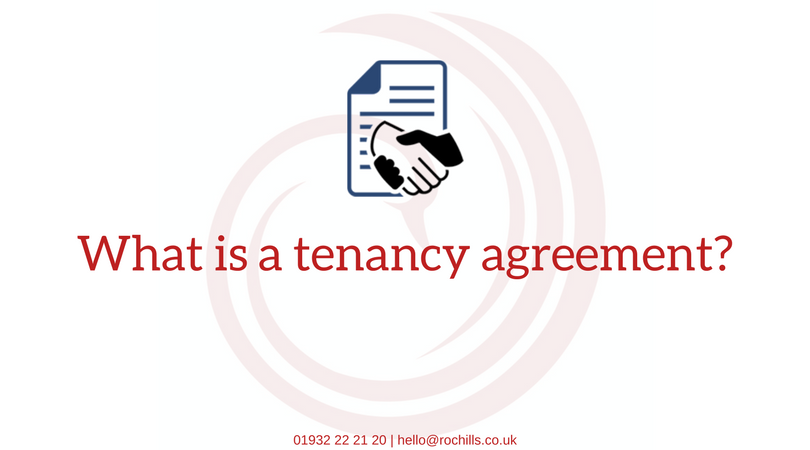A tenancy agreement is a contract between you and your landlord.
It allows you live in their property as long as you pay rent and follow the rules. It sets out legal terms and conditions of your tenancy.
A tenancy can either be:
· A fixed-term (in place for a fixed period of time)
· Periodic (running on a week-by-week or month-by-month basis)
Both you and your landlord have certain rights and responsibilities, whether you have a tenancy agreement or not.
The tenancy agreement is a contract between you and your landlord. It may be a written or spoken agreement. The tenancy agreement gives certain rights to both you and your landlord, for example, your right to occupy the accommodation and your landlord’s right to receive rent for letting the property.
You and your landlord may have made arrangements about the tenancy, and these will be part of the tenancy agreement as long as they do not conflict with the law. Both you and your landlord have rights and responsibilities given by law. The tenancy agreement can give both you and your landlord more than your statutory rights, but cannot give you less than your statutory rights. If a term in the tenancy agreement gives either you or your landlord less than your statutory rights, that term cannot be enforced.
A tenancy agreement can be made up of:
- Express terms. These include what is in the written tenancy agreement, if there is one, in the rent book, and/or what was agreed orally
- Implied terms. These are rights given by law or arrangements established by custom and practice.
For more free advice and updates on the local property market, join the Walton Property Community on Facebook or check out our video advice library on our YouTube channel here.
source: www.gov.uk




